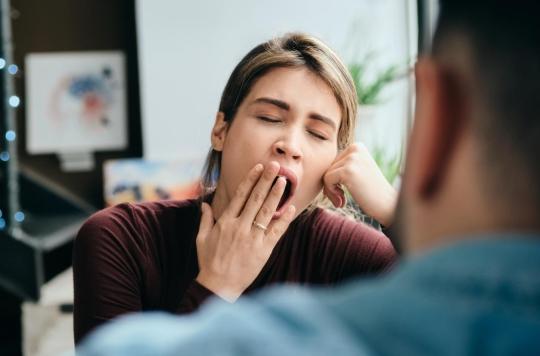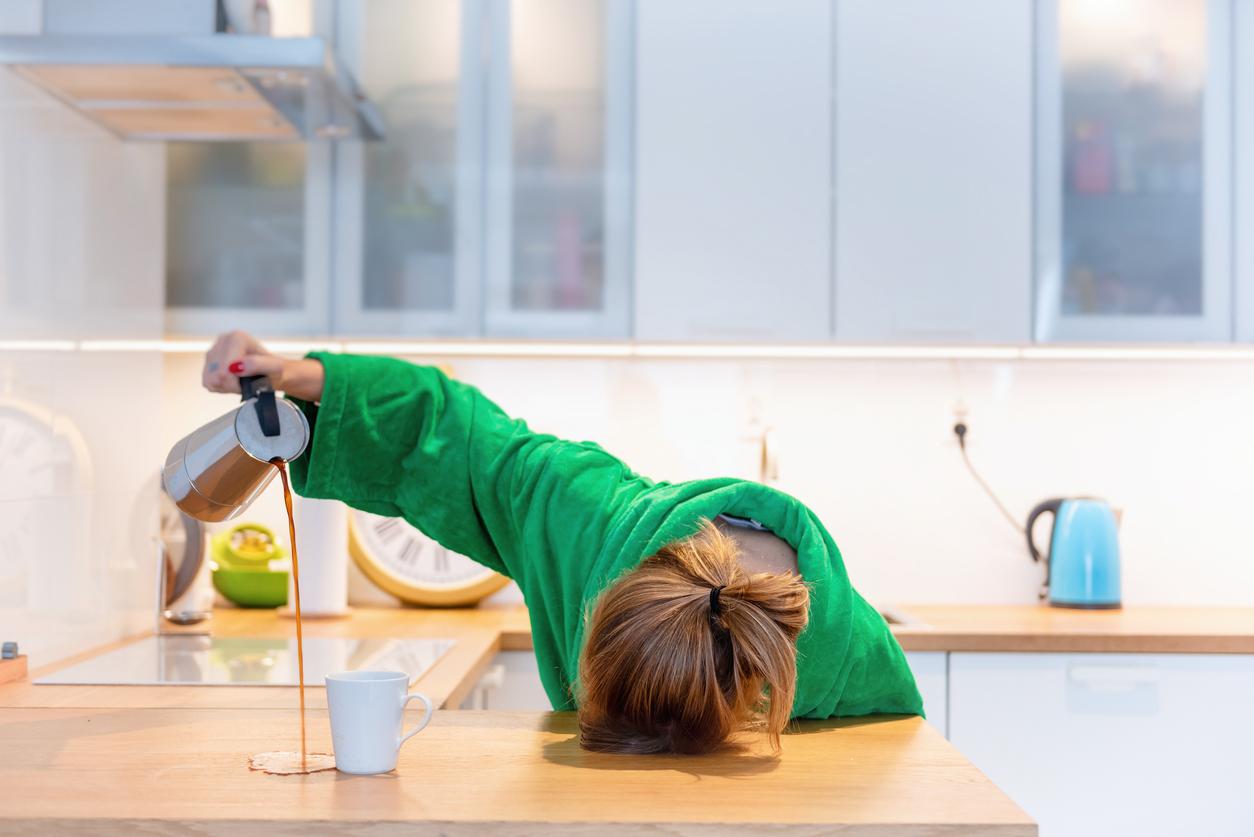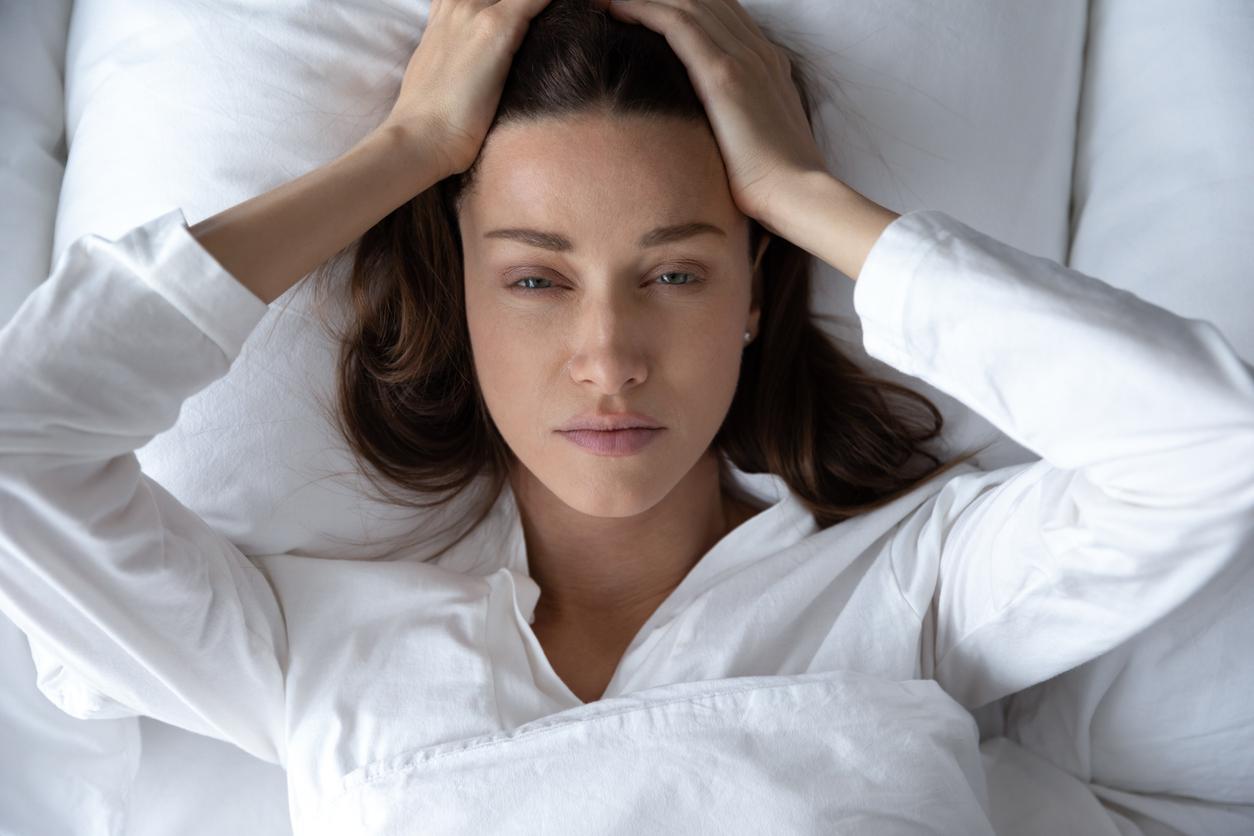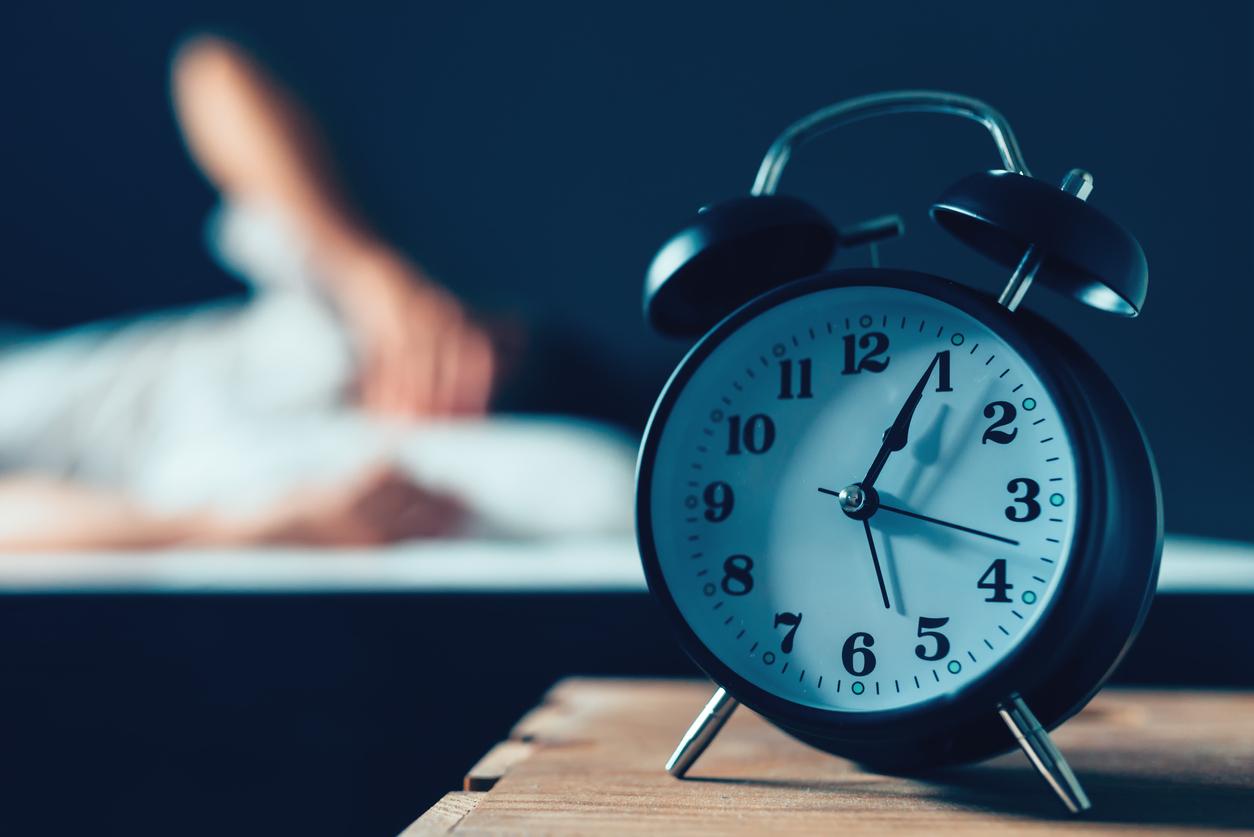When we don’t get enough sleep, the way we see others can be altered.

- A total lack of sleep and a shorter sleep duration increase the activation of the amygdala, a system that regulates actions in the face of fear, in the face of negative images.
- “Our participants were young adults, so we don’t know if our results are generalizable to other age groups,” the researchers said.
“Lack of sleep increases the brain’s responsiveness to positive and negative affective stimuli. Thus, despite the well-known reduction in attention due to insufficient sleep time, we hypothesized that humans stare longer happy, angry and fearful faces than neutral faces when deprived of sleep”. This is what researchers from Uppsala University in Sweden wrote in a study published in the journal Nature and Science of Sleep. As part of this work, they wanted to know if people who do not sleep enough perceived the facial expressions of others differently.
To carry out their study, they recruited 45 young men and women. They were forced to sleep all night and then sleep for 8 hours the following night. After each night, their eye movements were observed using eye tracking, a set of techniques that can detect what a person is looking at in real time. The objective was to measure the time spent by the volunteers staring at images of happy, angry, fearful and neutral faces. Participants also rated the attractiveness, trustworthiness and health of the people in the photos based on their facial expressions.
“Lack of sleep is associated with more negative social impressions of others”
According to the results, sleep-deprived young adults spent less time staring at faces. “Since facial expressions are crucial to understanding the emotional state of others, spending less time staring at faces after a lack of sleep may increase the risk of interpreting the emotional state of others inaccurately. or too late, explained Lieve van Egmond, author of the study, in a statement.
According to the work, when participants were sleep-deprived, they considered people with a facial expression displaying anger to be less trustworthy and unhealthy. According to Christian Benedict, one of the study’s authors, “neutral” and “fearful” faces were considered less attractive. “This indicates that lack of sleep is associated with more negative social impressions of others, which may lead to social withdrawal in sleep deprived individuals,” concluded the scientists.

















